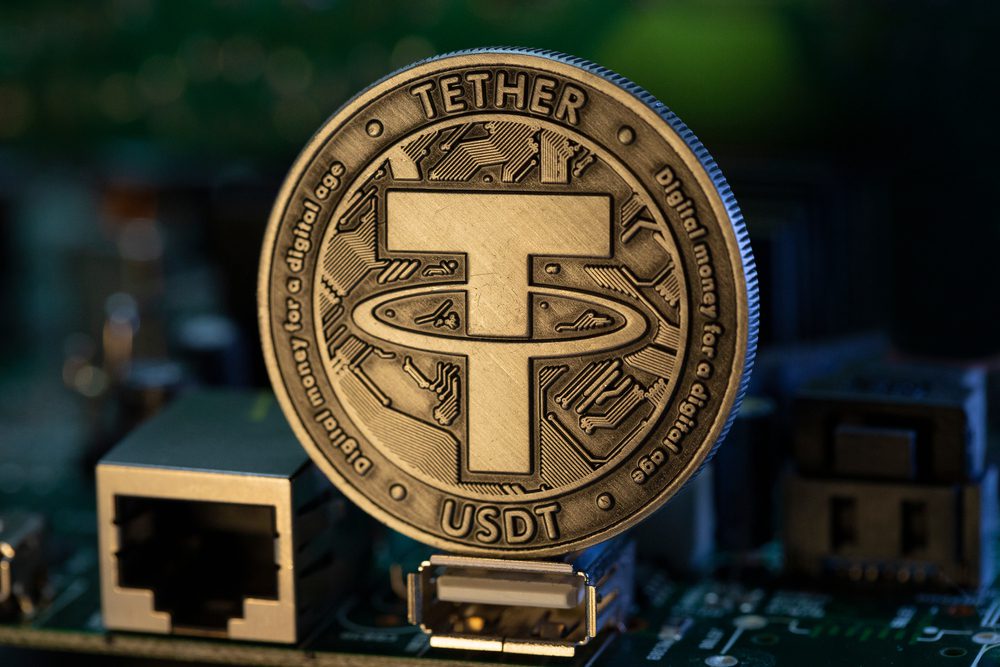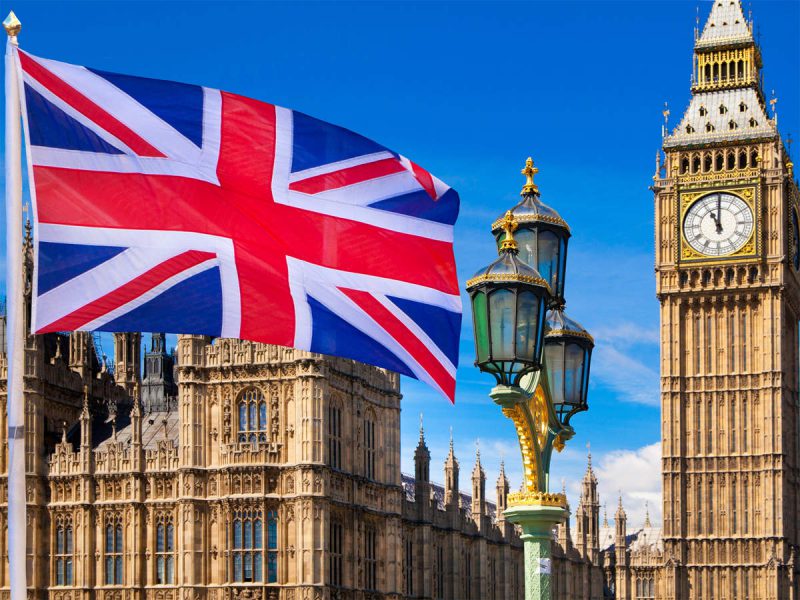In what is certainly an important development for the digital asset sector, England’s High Court of Justice has ruled that Tether’s USDT stablecoin is property. Indeed, the asset has officially fallen under the distinction as the UK continues to establish key property rights for these tokens.
Just a day earlier, a UK bill was introduced to establish all cryptocurrency as property. This would provide key legal protection for holders within the country. Now, England is following suit, with the key designation being given to the largest stablecoin by market cap.
Also Read: Bank of England to Begin CBDC, Digital Ledger Experiments
England Rules USDT is Property in Key Decision
The ongoing push for regulatory clarity regarding cryptocurrencies has been a vital effort. The growing industry has too long suffered from a lack of standards that has only obfuscated the potential impact of the technology. With the prominence of these assets growing, that has begun to change in 2024.
Now, legislation is coming to the forefront, greatly shifting how these assets are perceived. Specifically, England’s High Court has ruled that Tether’s USDT stablecoin is to be considered property. Moreover, this comes after the UK introduced legislation clarifying crypto as personal property.


Also Read: EU Regulator: Stablecoin Standards Will Become Official Before Year-End
In a new filing, Deputy High Court Judge Richard Farnhill said “USDT attracts property rights under English law.” Moreover, he added that “it can be the subject of tracing and can constitute trust property in the same way as other property.
This ruling reinforces the introduced legislation that would classify cryptocurrencies as property. That bill was read for the first time in Parliament on Wednesday. However, they note it is not a thing ‘in possession,’ as money would be considered, or a thing ‘in action’ like shares.
Yet, that doesn’t change the fact that it is property, nonetheless. Such a judgment should be vital for the industry’s continued growth. Proving the necessity to observe crypto as its own entity. It isn’t an existing object, it is the evolution of finance as we know it.





